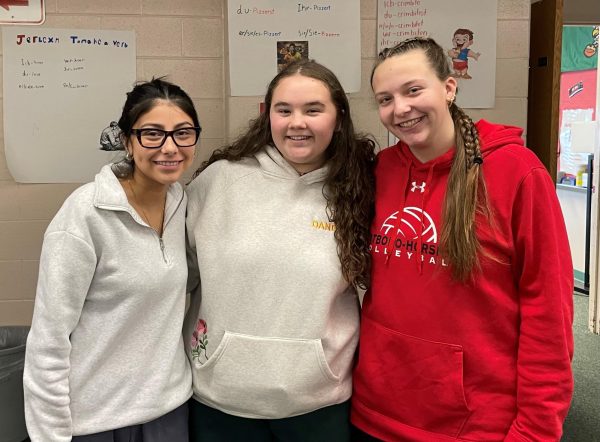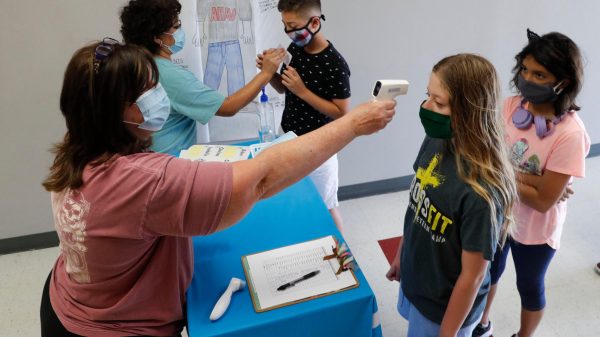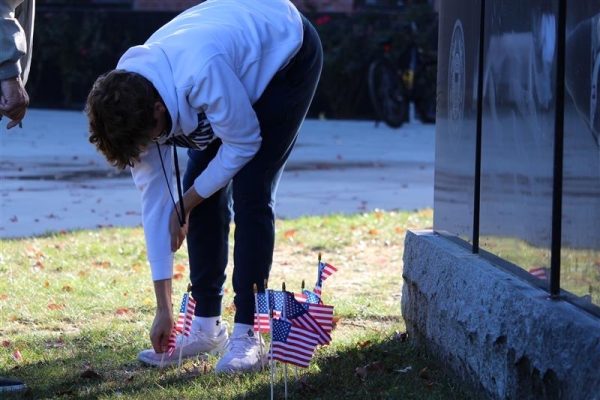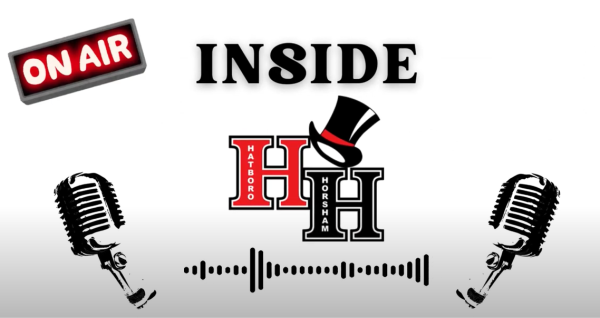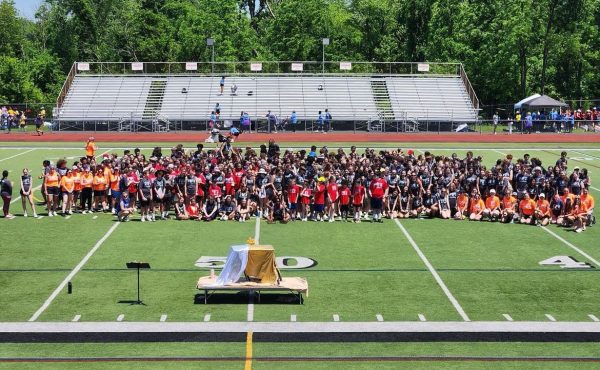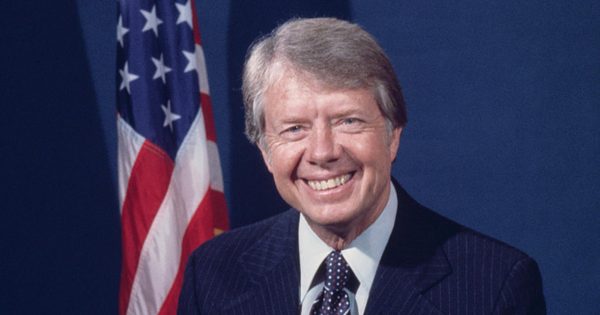How the COVID-19 Vaccine Will Affect Reopening Plans
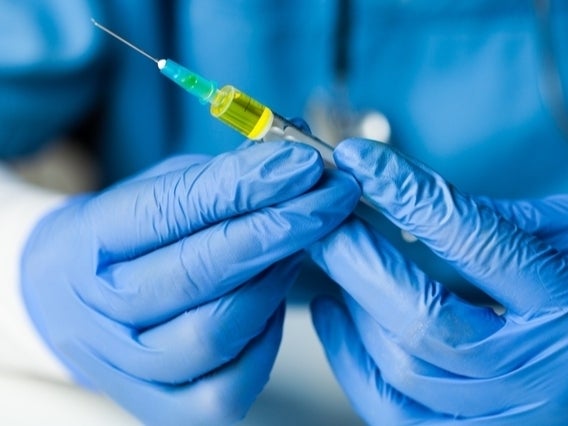
The COVID-19 vaccine will be very impactful around the country and the world. As millions struggle through this tumultuous time, the vaccine could offer some light. At HH, the vaccine could bring a change to in-person learning, but the uncertainty is exceptionally high.
Recent data collected from around the country suggests that transmission rates differ between grade levels at schools. Pennsylvania Secretary of Health Dr. Rachel Levine has stated that although elementary students are generally safe to go back, secondary students should remain fully remote.
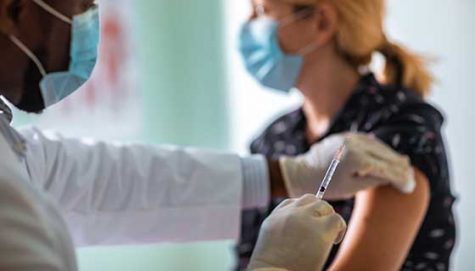
Contrary to these state recommendations, HH COVID-19 initiatives have created hybrid and virtual options at all levels.
The COVID restrictions implemented at the high school have not been able to stop the spread of the virus. According to social studies teacher and president of the Hatboro-Horsham Education Association, Mr. Bryan Moore, the COVID restrictions are not made by the school board to “stop the spread of the coronavirus; rather, the restrictions [were] designed to lessen and mitigate the spread.”
Although students can choose whether they want to return to school or remain at home, teachers are not given the option. Teachers must come into the building, despite apparent health concerns and the possibility of bringing the virus home to their families.
In the state of Pennsylvania, teachers can be legally required to take the vaccine, however the school board has not yet mandated the vaccine. Mr. Moore suggests that it is because of the possible “legal ‘sticky wicket’” it could produce with the school. He predicts that if the COVID vaccine were ever mandated in the future, “there would be exceptions, e.g., medical, religious, etc.”
Superintendent Dr. Scott Eveslage said, “Staff is encouraged to be vaccinated, but not required. Staff classifications based on their level of contact with others determine when they are eligible to be vaccinated. Some staff is in the 1A phase (and have been already vaccinated) while others are in the 1B phase, which has not yet begun.”
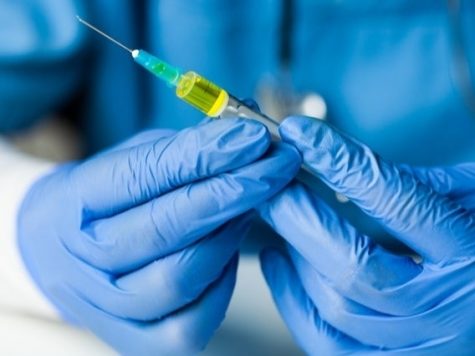
At this time, the FDA has not approved the Pfizer or the Moderna vaccine for use for children under the age of 16. Therefore, it is unlikely that students will be required to take the vaccine to return to a full-time in-person schedule in the future. As of now, it is not legal to require students to inform the school if they have been vaccinated or not. This is interesting, as other vaccinations are required, such as for measles, mumps and rubella.
Dr. Eveslage said, “We plan to continue offering families the choice for their students regarding their instructional program – either virtual or in-person. We will assess this on an ongoing basis as we know more about the vaccine and the community presence of the virus. We would like to think that as the vaccine becomes more readily available, we would be able to return students to more in-person instruction.”
However, it is unlikely that the vaccine will affect the reopening plans for the current school year. At this point, Moore says that it is a “pipe dream” to hope for the full return of schools during the second semester.
The high school is likely to continue their hybrid and online scheduling for a while, possibly even into the 2021-22 school year.
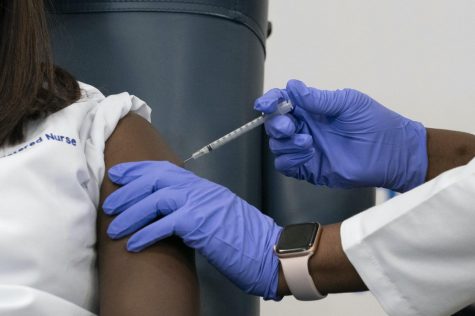
The vaccine has been perceived in different ways throughout the community.
Sophomore Carlos Flores said that the distribution of the vaccines in the district would “definitely make him feel more comfortable returning to school.”
On the other hand, sophomore Maggie Tierney said, “I don’t know if I would want to return to in-person school, even if the vaccine is widely distributed. It would all depend on how dedicated people are to social distancing and wearing masks.”

